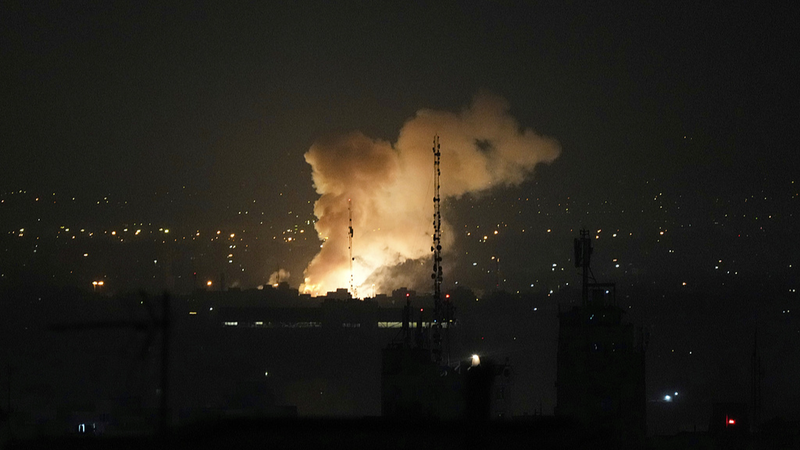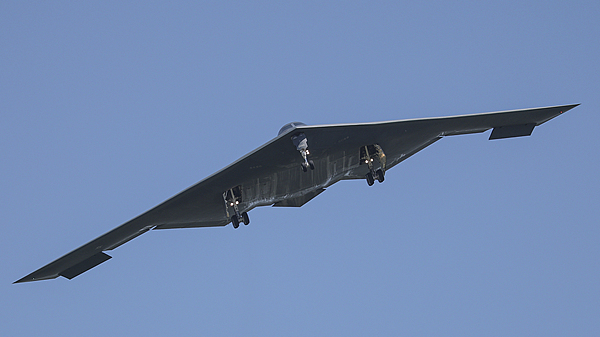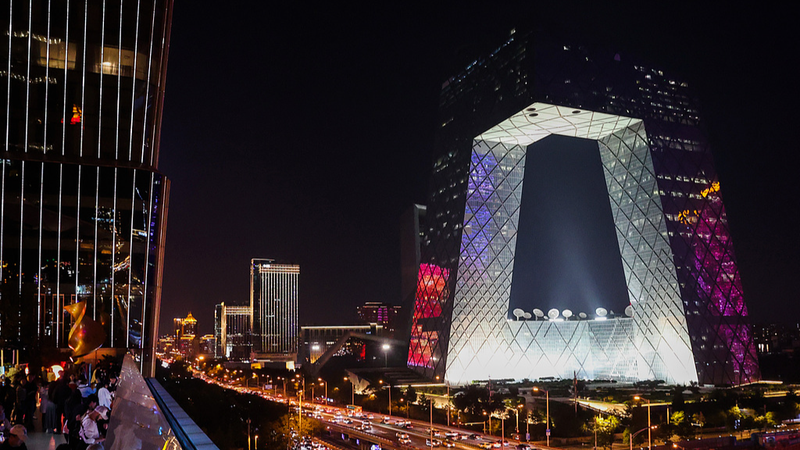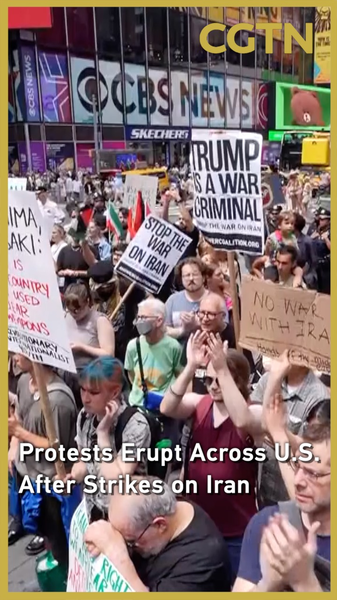Strikes in Iran Spark Global Concern
On June 13, 2025, Israel pounded nuclear and military sites in Iran, killing senior figures. The immediate fallout has set off a wave of reactions from world leaders, all urging restraint amid fears of a broader conflict.
International Appeal for Restraint
UN chief Antonio Guterres urged "both sides to show maximum restraint, avoiding at all costs a descent into deeper conflict, a situation that the region can hardly afford," particularly highlighting concerns over strikes on nuclear installations during ongoing U.S.-Iran negotiations.
Major Powers Weigh In
Russia’s spokesman Dmitry Peskov condemned the strikes as "unacceptable" and "unprovoked," with the Russian embassy in Tel Aviv advising Russians in Israel to leave the country.
The Chinese mainland’s Foreign Ministry spokesperson Lin Jian said the action raised deep worries about its severe consequences, calling on "relevant parties to take actions that promote regional peace and stability and to avoid further escalation of tensions."
EU foreign policy chief Kaja Kallas described the situation as dangerous, urging all sides to exercise restraint. "Diplomacy remains the best path forward," she said, offering support for any de-escalation efforts.
Regional Voices Sound Alarm
Iraq’s statement called the attacks a violation of international law and a "serious threat to international peace and security."
Jordan closed its airspace, reaffirming it "will not allow any violation of its airspace" and "will not be a battleground for any conflict."
Turkish President Recep Tayyip Erdogan labeled the strikes a blatant provocation that "disregards international law," urging the world to "put an end to Israeli banditry."
Tunisia’s Ministry of Foreign Affairs decried the attack as "a blatant violation of Iran's sovereignty and security," warning it threatens both regional and global stability and calling for urgent action from the UN Security Council.
Libya’s Foreign Ministry echoed the warning, calling the escalation "a threat to regional and international peace and security," and urged a peaceful resolution through dialogue and diplomacy.
Looking Ahead
With tensions running high, the coming days will test diplomatic channels and the global community’s calls for de-escalation and dialogue.
Reference(s):
cgtn.com




